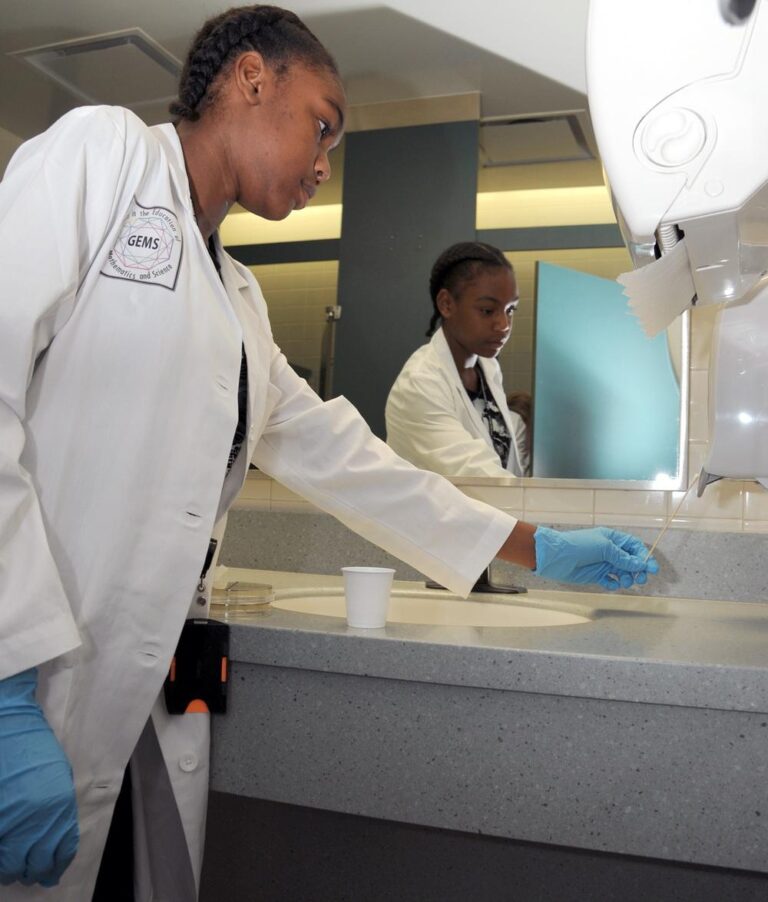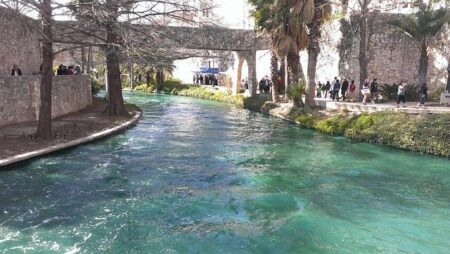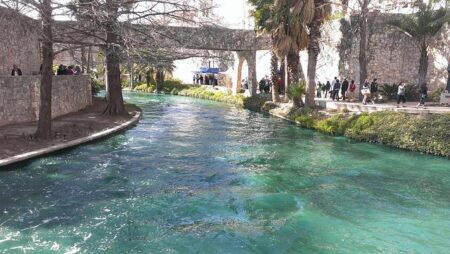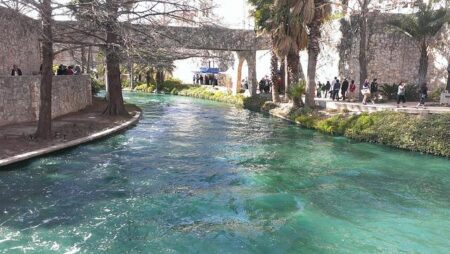US Army Institute of Surgical Research Champions STEM Education with Innovative Youth Camp
Inspiring Future STEM Innovators Through Immersive Learning
The US Army Institute of Surgical Research recently unveiled a pioneering STEM camp designed to ignite enthusiasm for mathematics and science among middle and high school students. This comprehensive program immerses participants in practical, hands-on activities that demonstrate the critical role STEM disciplines play in advancing military medical research and technology. By engaging students from varied backgrounds, the camp fosters a diverse community of young learners eager to explore scientific innovation.
Throughout the camp, attendees participated in interactive workshops, collaborative experiments, and expert-led discussions that showcased cutting-edge problem-solving techniques employed by Army researchers and medical professionals. This initiative reflects the Institute’s dedication to educational outreach and community involvement, emphasizing the importance of STEM in national defense and healthcare advancements.
Hands-On STEM Experiences: Bridging Theory and Real-World Applications
The camp’s curriculum was thoughtfully crafted to encourage critical thinking and creativity through engaging, practical exercises. Students explored a range of topics, including:
- Innovative Surgical Simulation Technologies
- Data Analytics in Trauma and Recovery Research
- Challenges in Biomedical Engineering Design
- Robotics and Automation in Medical Procedures
These sessions not only deepened participants’ understanding of STEM concepts but also introduced them to potential career paths in military and medical research fields. Mentorship opportunities with Army scientists provided invaluable insights, helping students envision their futures as contributors to scientific and technological progress.
Engaging Activities That Cultivate STEM Skills and Teamwork
The camp emphasized experiential learning, encouraging students to apply mathematical and scientific principles through collaborative projects. Activities ranged from assembling electronic circuits to simulating surgical procedures using advanced mathematical models, fostering both technical skills and innovative thinking.
Key highlights included:
- Biomechanics and robotics experiments promoting teamwork
- Mathematical modeling exercises predicting patient outcomes
- Interactive sessions with military engineers and researchers
- Problem-solving challenges with real-time feedback
| Activity | Core Skill | Duration |
|---|---|---|
| Electronic Circuit Construction | Fundamentals of Electricity | 2 hours |
| Surgical Procedure Simulation | Mathematical Modeling | 3 hours |
| Robotics Engineering Challenge | Engineering Design & Collaboration | 1.5 hours |
Expert-Led Workshops Enhance Analytical and Problem-Solving Abilities
Camp participants benefited from sessions led by seasoned professionals with expertise in military medical research and STEM disciplines. These workshops focused on applying mathematical concepts to solve complex, real-world problems, encouraging students to think critically and work collaboratively under time constraints.
Featured workshop topics included:
- Mathematical Modeling of Surgical Resource Management
- Scientific Experiments in Biology and Physics
- Data Analysis Techniques for Medical Research
- Team-Based Problem-Solving Exercises
| Workshop | Skill Focus | Length |
|---|---|---|
| Introduction to Bioinformatics | Data Interpretation | 2 hours |
| Calculus Applications in Medicine | Analytical Reasoning | 3 hours |
| Physics Principles in Trauma Care | Critical Problem-Solving | 1.5 hours |
Strategies to Expand STEM Engagement in Military Communities
To broaden STEM participation among military families, fostering partnerships between schools, military organizations, and STEM professionals is essential. Creating mentorship initiatives that connect military-connected youth with experienced STEM experts can provide personalized support and motivation. Incorporating interactive workshops and competitive events further stimulates curiosity and hones problem-solving skills, tailored to the unique circumstances of military life.
Additionally, leveraging digital platforms to offer remote learning opportunities ensures consistent access to STEM education despite frequent relocations or deployments. Virtual laboratories, webinars, and coding challenges can maintain engagement and skill development. Establishing dedicated STEM centers on military bases equipped with modern resources can also promote ongoing exploration and innovation.
| Outreach Strategy | Key Benefit | Illustrative Example |
|---|---|---|
| Mentorship Programs | Customized guidance and inspiration | Pairing youth with STEM professionals |
| Interactive Workshops | Hands-on engagement | Robotics and engineering challenges |
| Virtual Learning Tools | Accessibility across locations | Online coding and science camps |
| Dedicated STEM Facilities | Continuous resource availability | STEM innovation labs on military bases |
Conclusion: Building a Stronger Future Through STEM Education
The US Army Institute of Surgical Research’s commitment to fostering STEM education through this innovative camp exemplifies the vital connection between military research and youth development. By equipping young learners with critical skills and inspiring them to pursue careers in science, technology, engineering, and mathematics, the Institute is laying the groundwork for future breakthroughs in military medicine and technology. This collaborative approach between educational programs and military institutions is essential for cultivating the next generation of scientific leaders dedicated to advancing national security and healthcare innovation.




